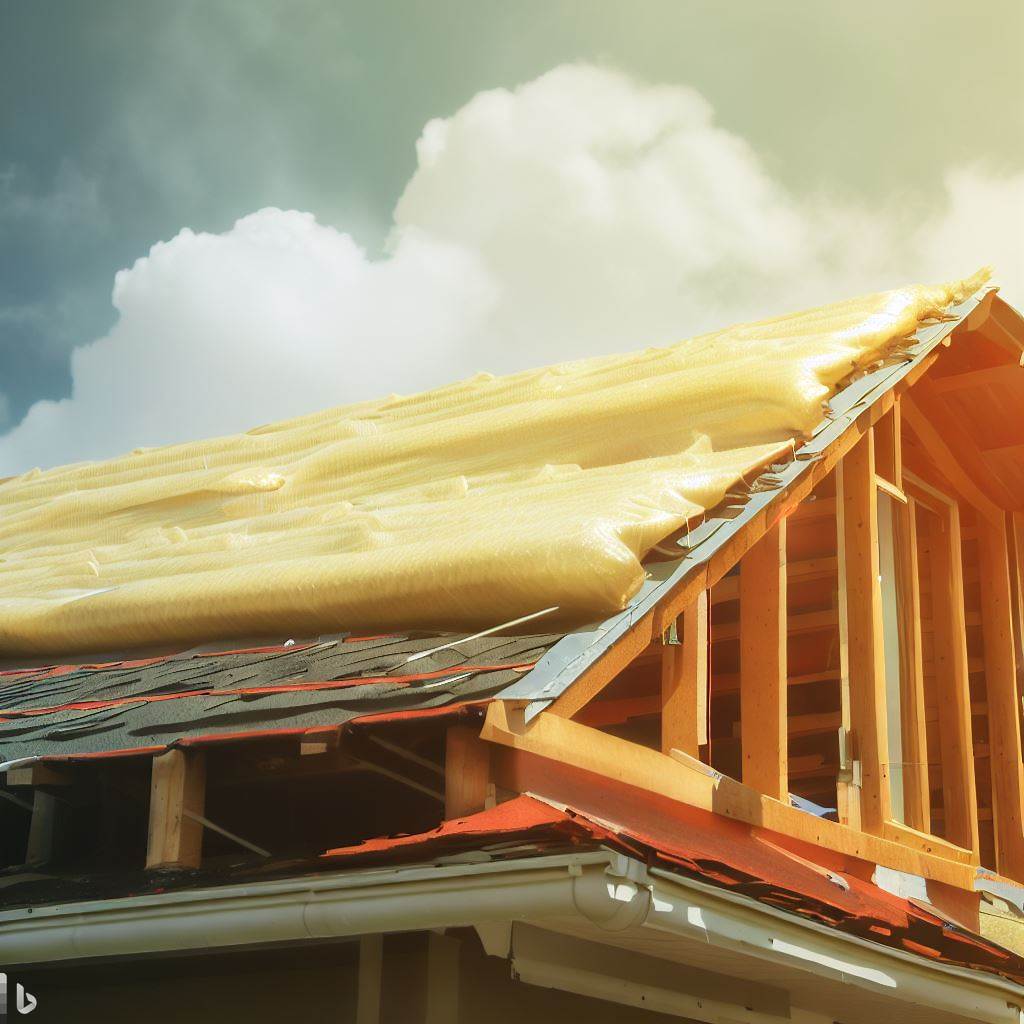
When it comes to creating a comfortable and energy-efficient living space, roof insulation plays a crucial role. Proper insulation not only helps in maintaining a consistent indoor temperature but also significantly reduces energy consumption. In this comprehensive guide, we will delve into the world of roof insulation, exploring its various aspects, benefits, and installation methods.
Roof insulation is a smart investment that offers a range of benefits beyond its energy-saving capabilities. By effectively regulating indoor temperatures, it enhances the overall comfort of your home. Additionally, it contributes to a reduced carbon footprint, making it an environmentally friendly choice.
There are several types of roof insulation available, each with its unique characteristics. Some of the most common options include:
Blanket insulation, also known as batt insulation, is made from materials like fiberglass, mineral wool, or natural fibers. It's easy to install and fits snugly between rafters and joists.
Spray foam insulation is a versatile option that expands to fill gaps and cracks, providing excellent coverage. It also acts as an effective barrier against moisture and air infiltration.
Rigid foam insulation offers high thermal resistance and can be used in various parts of the roof structure. It's particularly effective in areas with limited space.
Loose-fill insulation consists of small particles like cellulose, fiberglass, or mineral wool. It's ideal for irregular spaces and provides consistent coverage.
Reflective insulation reflects heat away from the living space, making it suitable for hot climates. It often features a reflective surface on one or both sides.
Investing in quality roof insulation comes with a range of advantages:
Roof insulation prevents heat from escaping during the colder months and keeps the interior cool in warmer months. This leads to reduced reliance on heating and cooling systems, resulting in lower energy bills.
By maintaining a consistent indoor temperature, roof insulation creates a more comfortable living environment year-round.
Insulation materials can also act as sound barriers, reducing external noise pollution and making your home quieter.
Reduced energy consumption means fewer greenhouse gas emissions, contributing to a greener planet.
A well-insulated home is an attractive feature for potential buyers, potentially increasing the resale value of your property.
The installation process of roof insulation varies depending on the type chosen. While some homeowners may opt for a DIY approach, it's recommended to hire professionals for a more effective and efficient installation. Here are the general steps:
Q: Will roof insulation make my attic too hot in the summer? A: No, proper insulation regulates temperature year-round, preventing excessive heat buildup.
Q: Can I install roof insulation myself? A: While some types are DIY-friendly, professional installation is recommended for optimal results.
Q: How do I choose the right insulation material? A: Consider factors like your climate, budget, and the specific area you're insulating.
Q: Is roof insulation suitable for all types of roofs? A: Yes, insulation can be adapted for various roof types, including pitched and flat roofs.
Q: Can roof insulation help with ice dam prevention? A: Yes, insulation reduces heat loss, which can help prevent ice dams from forming on the roof.
Q: How long does roof insulation typically last? A: With proper installation and maintenance, roof insulation can last for several decades.
Investing in roof insulation is a wise decision that offers numerous benefits, from energy savings to enhanced comfort. By choosing the right type of insulation and ensuring proper installation, you can create a more energy-efficient and comfortable living space. Don't miss out on the opportunity to improve your home's insulation and contribute to a greener future.